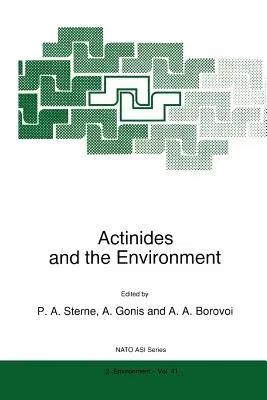Actinides and the EnvironmentPaperback, 22 October 2010

Qty
1
Turbo
Ships in 2 - 3 days
In Stock
Free Delivery
Cash on Delivery
15 Days
Free Returns
Secure Checkout
Part of Series
NATO Science Partnership Subseries: 2
Part of Series
NATO Science Partnership Sub-Series: 2:
Part of Series
NATO Science Partnership Subseries: 2 (Closed)
Print Length
488 pages
Language
English
Publisher
Springer
Date Published
22 Oct 2010
ISBN-10
9048150027
ISBN-13
9789048150021
Description
Product Details
Book Format:
Paperback
Country of Origin:
NL
Date Published:
22 October 2010
Dimensions:
23.39 x
15.6 x
2.57 cm
ISBN-10:
9048150027
ISBN-13:
9789048150021
Language:
English
Location:
Dordrecht
Pages:
488
Publisher:
Series:
Weight:
694 gm

